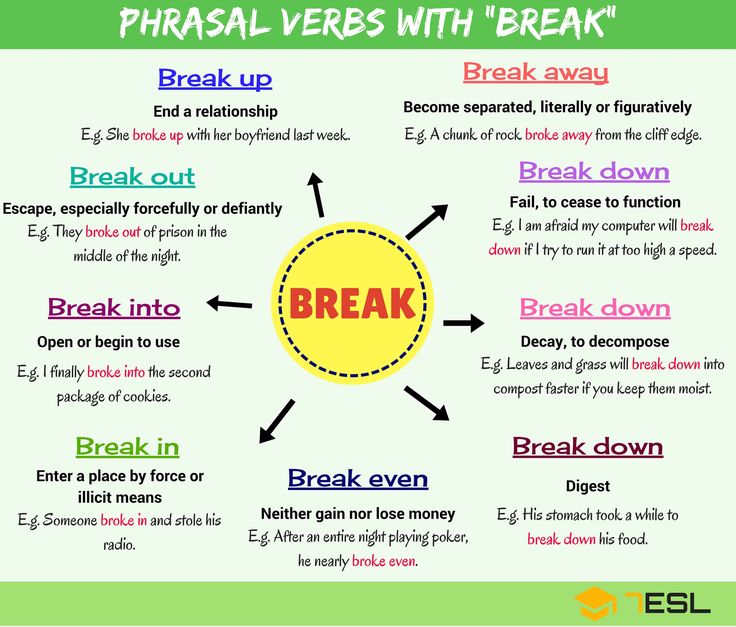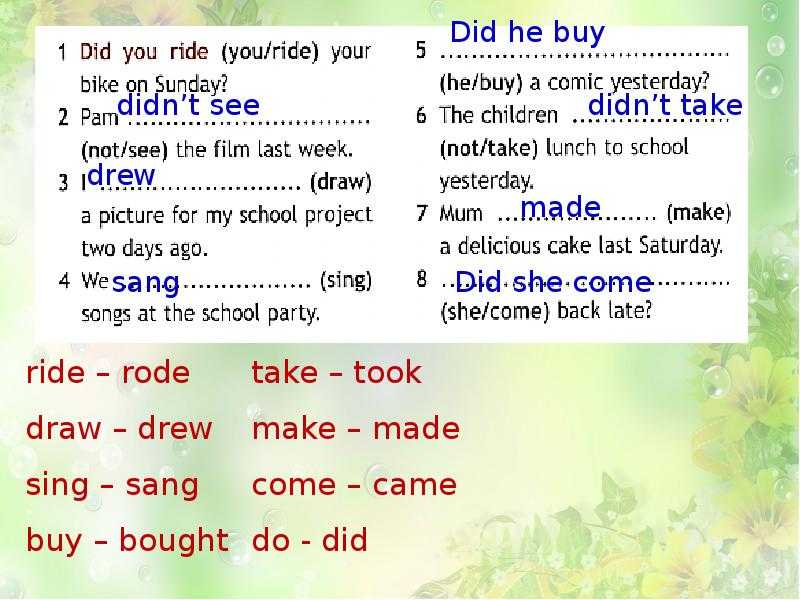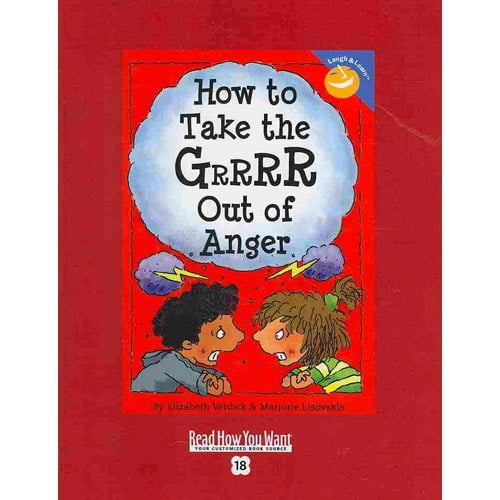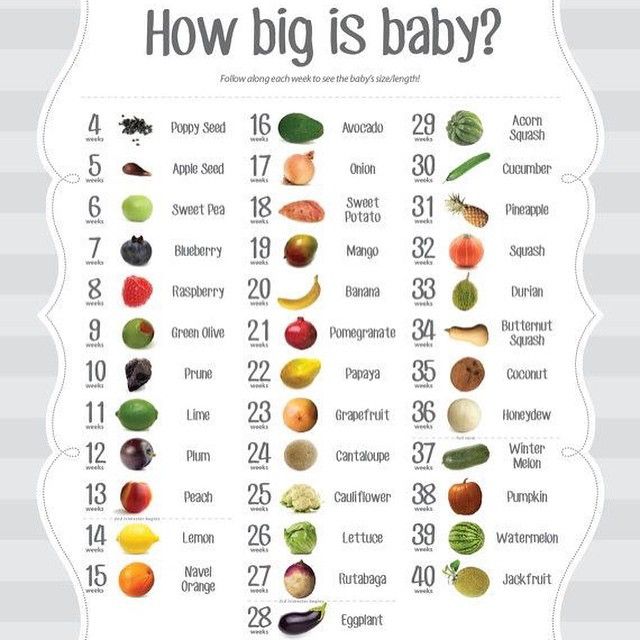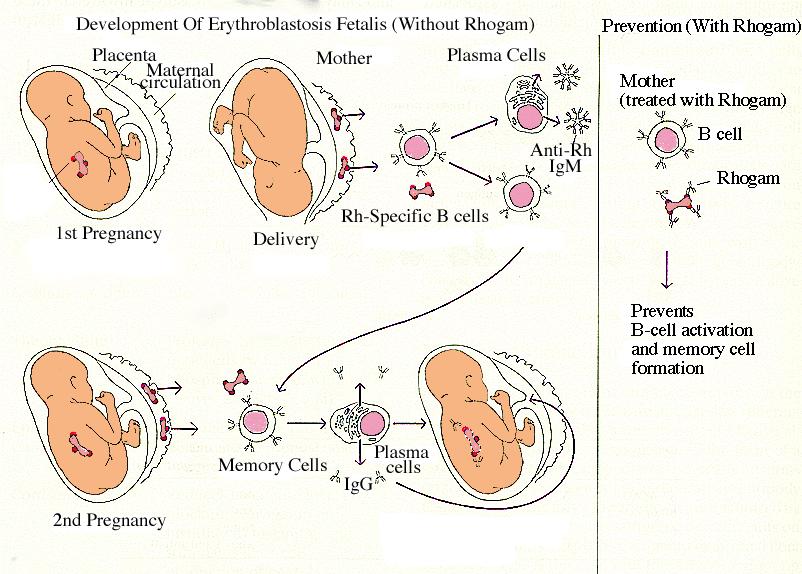How long do you have a foster child
How Long You Can Keep a Foster Child Depends a Child's Reason for Needing Foster Care
How Long Will You Foster a Child Depends on Each Child’s Individual CaseHow long you can keep a foster child is complicated because each foster child has different needs. Those children who potentially will enter your home each come with a case file that varies significantly. The goal of the foster care system is to care for a child until they are safely placed in a permanent family situation. This means they are either reunited with their birth parents, adopted into a family, or placed with close relatives. In this way, a foster care situation is temporary by definition. However, according to the U.S. Department of Health and Human Services, Administration for Children and Families, Administration on Children, Youth and Families, and Children’s Bureau, the length of time a child stays varies from anywhere from one month to nine years.
Children Enter the Foster Care System for Various Reasons so the Length of Time of their Stay Also VariesIn the United States, there are on average 400,000 children in the foster care system. In the state of Texas, there are approximately 30,000 foster children. On average, 3,500 of those children are waiting to be adopted by families. The foster care system is an extended network of families who take children into their homes for a multitude of situations. Sometimes it is because of neglect, a deceased parent, or a child needs a family to live with while waiting to be legally emancipated.
Since foster children are as young as toddler-age and as old as a college-age student, the length of time a foster child stays in the system depends on various factors. However, on average, a child typically stays with their foster family for about thirteen months. Furthermore, 22% of these children only remain in the system for one to five months.
A Child’s Case Plan Goal Often Predicts How Long They Remain in the Foster Care SystemWhen a child enters the foster care system, their case plan goal can predict how extended their stay will be. According to national statistics, only 3% of children intend to stay with a foster family for an extended period. Additionally, older foster children often remain with a family until they are legally able to be emancipated. In Texas this is 16 years old for children living apart from their parents.
Additionally, older foster children often remain with a family until they are legally able to be emancipated. In Texas this is 16 years old for children living apart from their parents.
The length of time changes, though, for children who are waiting for adoptive families. The average stay for children waiting to be adopted is about two years.
55% of foster children are waiting to be reunited with their parents. Meaning, the length of time these children stay with a family depends on the status of the parents. All of this depends on the steps that have been taken to ensure that the child’s home life will be secure if they are returned to Mom and Dad. Otherwise, they can be placed with a close relative.
Making the Commitment to Foster a Child Takes DedicationHow long one keeps a foster child depends on what is going on in that child’s life. This can depend on the child’s age or case plan goal. While having a foster child for five years or more is not as common as fostering for one to two years, the commitment to a child’s care is foremost. If you are interested in fostering a child please contact us for more information and we can help you sort out the questions you have about fostering a child in Texas.
If you are interested in fostering a child please contact us for more information and we can help you sort out the questions you have about fostering a child in Texas.
Post Tags: #between families#foster children#foster parenting#Texas Family Initiative
Similar Posts
Foster Parenting
Developing Communication and Listening Skills for Therapeutic Foster Care
When your foster child comes to live in your home, the adjustment period may be difficult. Depending on the age of the child, s/he is going to be going through different things. With younger children, emotions can be completely on the surface because they haven’t learned to hide them yet. Teenagers, on the other hand,…
Read More Developing Communication and Listening Skills for Therapeutic Foster CareContinue
Newsletter
November 2017 – Between Families Newsletter
10 Ways to Help Foster and Adopted Kids Through the Holidays
The holidays are right around the corner! For many this is a time that is relished – spent with family, decorations, good food, and a feeling of warmth. But for many foster and adoptive children, this is a time that brings up questions and tough feelings. Below are some tips on helping your foster or adopted child through the holidays.
But for many foster and adoptive children, this is a time that brings up questions and tough feelings. Below are some tips on helping your foster or adopted child through the holidays.
Read More November 2017 – Between Families NewsletterContinue
Newsletter
February 2018 – Between Families Newsletter
Allegations Happen:
How to Prevent and Survive Them
Foster and adoptive families who have lots of children, including children of different races, and who have been fostering for a long time are at greater risk of being reported for alleged abuse. All families who care for children with special needs face some risk, and every parent can take steps to keep situations from turning into allegations. Below are some ideas for parents to consider.
Read More February 2018 – Between Families NewsletterContinue
How Long Can You Keep a Foster Child?
One of the primary questions many people have when they’re ready to become a foster parent is, “How long can you keep a foster child?”. You like the idea of a long-term, loving relationship with a foster child who will become a member of your family, and the idea of having them torn away is potentially devastating. Understanding the types of foster care placements can help you develop a better understanding of how foster care works and how long a child will be in your care.
You like the idea of a long-term, loving relationship with a foster child who will become a member of your family, and the idea of having them torn away is potentially devastating. Understanding the types of foster care placements can help you develop a better understanding of how foster care works and how long a child will be in your care.
There is a great need for short-term placements for many foster children. Children may need a temporary placement while waiting for relatives to come to get them. They could also need emergency care immediately before long-term foster parents can be found. In these cases, children may stay in your home for only a few days–often not even as long as a week–before they move on to another placement. In other cases, children may be removed from the home temporarily, but a judge may reinstate custody as soon as the parents get a hearing.
Waiting on the ParentsThe first goal of foster care is reuniting the child with their parents. In many cases, this means waiting for the parents to fix a problem: getting clean, removing unsafe items from the home, or creating a better standard of living at home. Parents may need to deal with the problems that led to the children being removed from their custody in the first place. Once these steps have been completed, many foster children are able to return to their parents’ care. In this case, they may be with you for weeks or months before returning home.
In many cases, this means waiting for the parents to fix a problem: getting clean, removing unsafe items from the home, or creating a better standard of living at home. Parents may need to deal with the problems that led to the children being removed from their custody in the first place. Once these steps have been completed, many foster children are able to return to their parents’ care. In this case, they may be with you for weeks or months before returning home.
Long-term placement is designed for children who are unable to be reunified with their parents for whatever reason. When parental custody is terminated, these children will become available for adoption. However, in the case of older children, they have the right to decide for themselves whether or not they want to be adopted. In many cases, it can take years to fully move through the adoption process. Either the caregiver or the child may also decide that they don’t want to pursue adoption. This leaves the child in the care of the foster parent until they age out of the system between the ages of 18 and 21. In this case, a long-term parent/child relationship is often still possible.
This leaves the child in the care of the foster parent until they age out of the system between the ages of 18 and 21. In this case, a long-term parent/child relationship is often still possible.
Learn More about How Long You Can Keep a Foster Child
It’s often impossible to predict how long you will be able to keep a foster child. You don’t know what type of situation they’re coming from, or how long it will take for things to change in their lives. However, you can select the type of placement you prefer, and most foster services will do their best to stay within those guidelines. Have more questions about becoming a foster parent? Contact us today to learn more.
Post Tags: #between families#foster children#foster parent#Texas Family Initiative
Similar Posts
Foster Parenting
The Call for Emergency Foster Care
The Situation The phone is ringing at 2:00 a.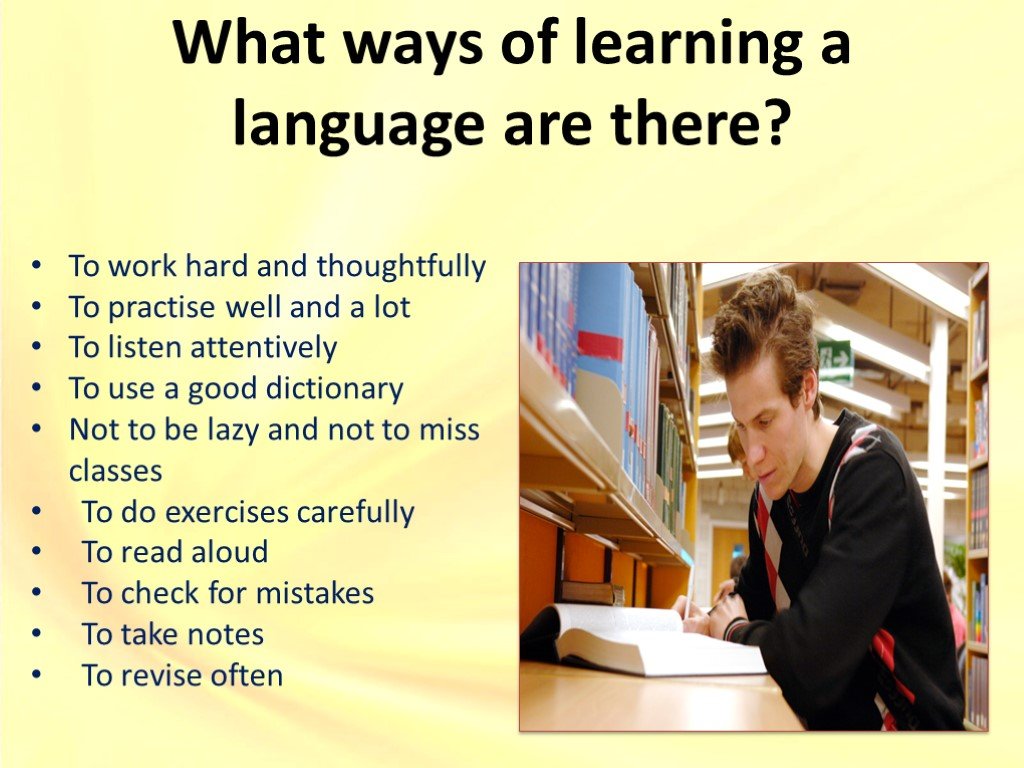 m. Groggily you reach for the phone and try to organize your thoughts to be able to best process what you are hearing. You are being asked to take the emergency foster placement of a child. Indeed, that child may be anywhere in the age range of…
m. Groggily you reach for the phone and try to organize your thoughts to be able to best process what you are hearing. You are being asked to take the emergency foster placement of a child. Indeed, that child may be anywhere in the age range of…
Read More The Call for Emergency Foster CareContinue
Foster Parenting
The Top Misconceptions About Becoming a Foster Parent
When children are unable to grow up in a loving home, with their biological parents, in a safe and guarded community, unfortunate scenarios, situations, and misconceptions start to surface. Foster parenting is still wholly misunderstood by individuals today, leading to false information and myths about the process that can deter and misinform potentially interested parents.
Read More The Top Misconceptions About Becoming a Foster ParentContinue
Foster Parenting
Four Foster Care Benefits
Foster care is often the best place for kids and teens with unfortunate home situations and life circumstances. Here are four good foster care benefits and why they are important. Stability A child going into foster care may not have known any stability at home. Perhaps their parents were unreliable or caregivers were constantly walking in and…
Here are four good foster care benefits and why they are important. Stability A child going into foster care may not have known any stability at home. Perhaps their parents were unreliable or caregivers were constantly walking in and…
Read More Four Foster Care BenefitsContinue
Newsletter
April 2018 – Between Families Newsletter
Child Abuse Prevention Month
National Child Abuse Prevention Month began as a reaction to increased public awareness of child abuse throughout the 1970’s. As a result, Ronald Reagan declared April National Child Abuse Prevention month in 1983. The goal was to increase understanding of what contributes to the prevalence of child abuse and, more importantly, how to prevent it.
Read More April 2018 – Between Families NewsletterContinue
Do you have twins? If the adopted child is of the same age as the birth child
“Let’s take a girl of the same age, they will be like twins, all the time together, it’s convenient, common activities and general regimen, and there is also a friend constantly nearby,” - candidates for future adoptive parents can argue like this
And, indeed, it seems that it is much easier - two children of the same age, no need to break up and plan different activities, even clothes and shoes can be bought in the same size.
Or it may happen that the future parents did not plan anything, but it turned out that the child is the same age as the blood. And the conditional "twins" turned out.
What "pitfalls" can expect the adoptive parents of two children of the same age?
Understanding together with Jessica Frantova, a psychologist at the Change One Life Foundation.
1. The first difficulty also concerns blood brothers and sisters
In a couple, children tend to quickly lose their individuality, they are addressed as a single whole: “Our babies”, “twins”, “small ones”. It may happen that they are dressed the same and confused.
It happens that such a union leads to the fact that children simply close on each other, and they do not need those around them.
Another thing happens - in an effort to prove their difference and individuality, one of the couple begins to demonstrate complex behavior in order to pay attention to "me" and not to "us".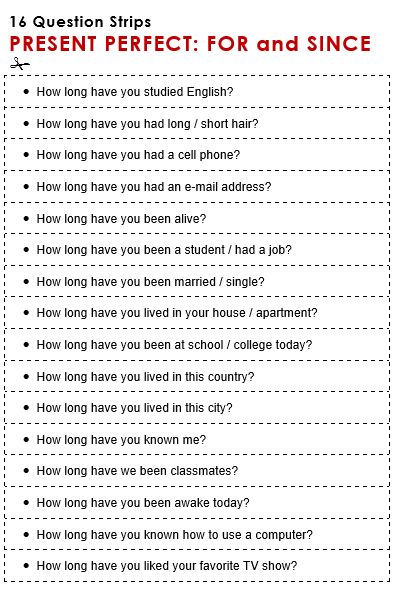
Therefore, it is extremely important to dress children differently, to address each by name, to move away from the impersonal "children", "guys" to a personal address.
And try, though it may be difficult, to find at least a few minutes a day to be alone with everyone, to find for everyone a personal activity that suits his or her interests.
2. Passport and psychological age
In a child with loss trauma, the psychological age (and sometimes physical) differs from the passport age. Simply put, they look younger, weigh less, and may act like younger children.
The SDS explains that the child needs to go back (regress) in order to live all that has not been lived, to gain experience of interacting with parents "from the very beginning."
When there is a sibling (brother or sister) nearby whose development was not interfered with by the traumatic experience, the parent involuntarily has a desire to "pull" the adopted child up to his level as soon as possible.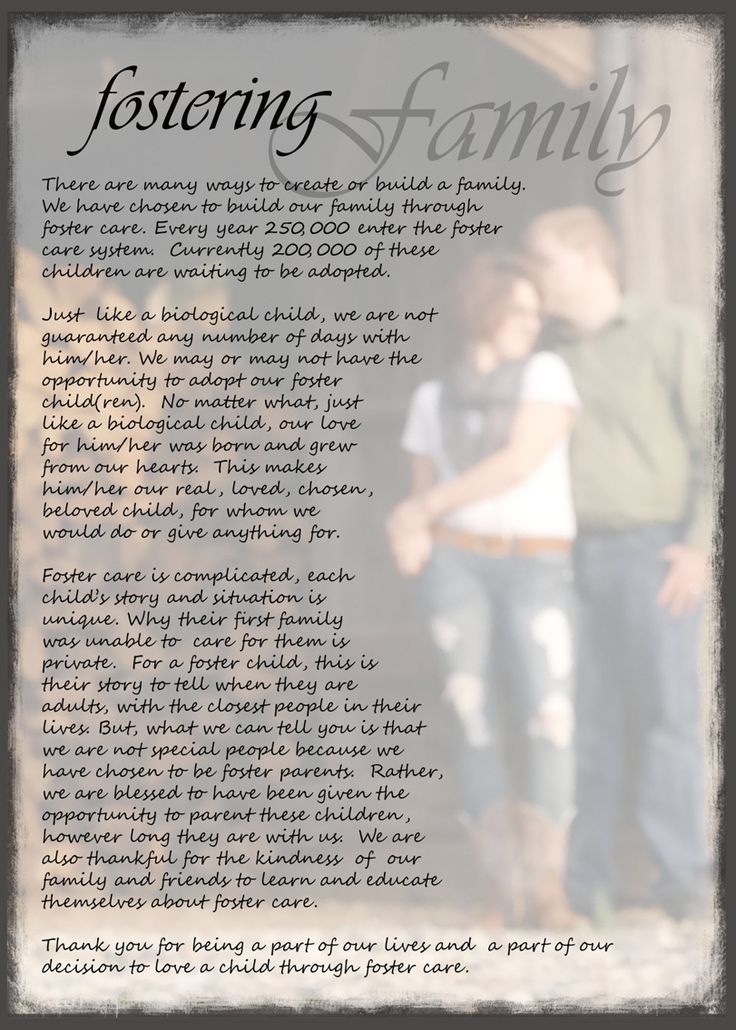 The parent sees that one child can do something, so why can't the other? He has both arms and legs and a head to perform these actions.
The parent sees that one child can do something, so why can't the other? He has both arms and legs and a head to perform these actions.
Comparison occurs, consciously or not, and it will, of course, not be in favor of the adopted child. The first years it will look less successful.
If children already interact with society (go to kindergarten), then the parent is faced with the need to answer the question of why children develop so differently.
All these factors can lead parents to be too eager to "go ahead", depriving the child of the opportunity to develop along his own trajectory. This can lead to disappointment in the child, his failure against the background of a brother or sister, to thoughts about his own parental incompetence.
When accepting a child, it is better to adhere to a different "chronology". A child is as old as he lived in your family - even if he is now 6, and in the family he is half a year, it is better to build more realistic expectations from his behavior and interaction with others around this figure - 6 months.
3. Complex behavioral manifestations
Unfortunately, traumatic experiences leave their mark on how the child interacts with the world. Adoptive parents may face aggression, tantrums, damage to things and other difficulties.
When there is a peer of the same age nearby, for whom there are already developed algorithms of influence, it seems that they will automatically work on a new child. But trauma develops according to its own laws, so parents may find that their algorithms “do not work”.
This causes confusion and misunderstanding, because there is another child nearby, he is understandable, but this one is not. Unfortunately, in a number of cases this can be transformed into a rejection of the child, the idea of his "corruption", "otherness", which, in turn, may contribute to the return of the child to the institution.
When a child comes to a family with a traumatic experience, it is important to remember that trauma can manifest itself in a wide variety of behavioral manifestations and the developed interaction algorithms may be ineffective.

Together with specialists, you can find out what is happening and how to help the child. But for the first step, it is necessary to realize that trauma has an impact, and “the same” in age and even appearance, children can behave completely differently, based on the experience that was in their previous life.
Dear foster parents!
Are you concerned about your child's adaptation or do you want to know the opinion of a specialist on your problem? Chat with a specialist at free online consultation
changeonelife.ru portal - the largest resource on the topic of family arrangements, which every day helps thousands of people get important information about foster parenting.
Parents read expert materials, learn about the experiences of other families and share their knowledge, find children in the database of video profiles. Volunteers disseminate information about children in need of a family.
Volunteers disseminate information about children in need of a family.
If you think the work of the portal is important, please support it!
Support the portal
An adopted child will become one if you want it
“A foster child will become one if you want it”
Recently, the number of those who are potentially ready to become a guardian, adoptive parent or adoptive parent has increased. People come to the decision about foster children in different ways: someone thinks for a long time, prepares, stocks up on information. It is enough for someone once to see a touching photo of a child in one of the many ads on social networks to start collecting documents. And for sure there will be those who were inspired by the example of other adoptive parents. Olga and Alexander, mother and father of seven children, told about their family, four of whom are adopted.
How did you decide to raise foster children?
“You know, we always wanted to have a big family,” says Olga. - In 1995, our eldest daughter, Lyudmila, was born. Then we lived in Toksovo, we had a goat and a construction car ... And we were very happy. In 1999, after moving to St. Petersburg, Katya was born. There were complications during childbirth, there was a possibility that we would no longer be able to have children. Probably, then I first had the idea of taking a foster child into the family. Besides, adopted children are the norm for me. It so happened that in my family, adopted children were brought up in almost every generation. We, blood brothers and sisters, grew up with them, not suspecting that someone was adopted. All were equally related. Therefore, for me, families with foster children are not something special, exceptional, strange.
- In 1995, our eldest daughter, Lyudmila, was born. Then we lived in Toksovo, we had a goat and a construction car ... And we were very happy. In 1999, after moving to St. Petersburg, Katya was born. There were complications during childbirth, there was a possibility that we would no longer be able to have children. Probably, then I first had the idea of taking a foster child into the family. Besides, adopted children are the norm for me. It so happened that in my family, adopted children were brought up in almost every generation. We, blood brothers and sisters, grew up with them, not suspecting that someone was adopted. All were equally related. Therefore, for me, families with foster children are not something special, exceptional, strange.
-Ten years ago, Fedor was born to us, - Alexander continues the story of his wife, - everything in our life was wonderful, and we were sure that no one could be happier than us. When a family has three children, you don't think about expanding it.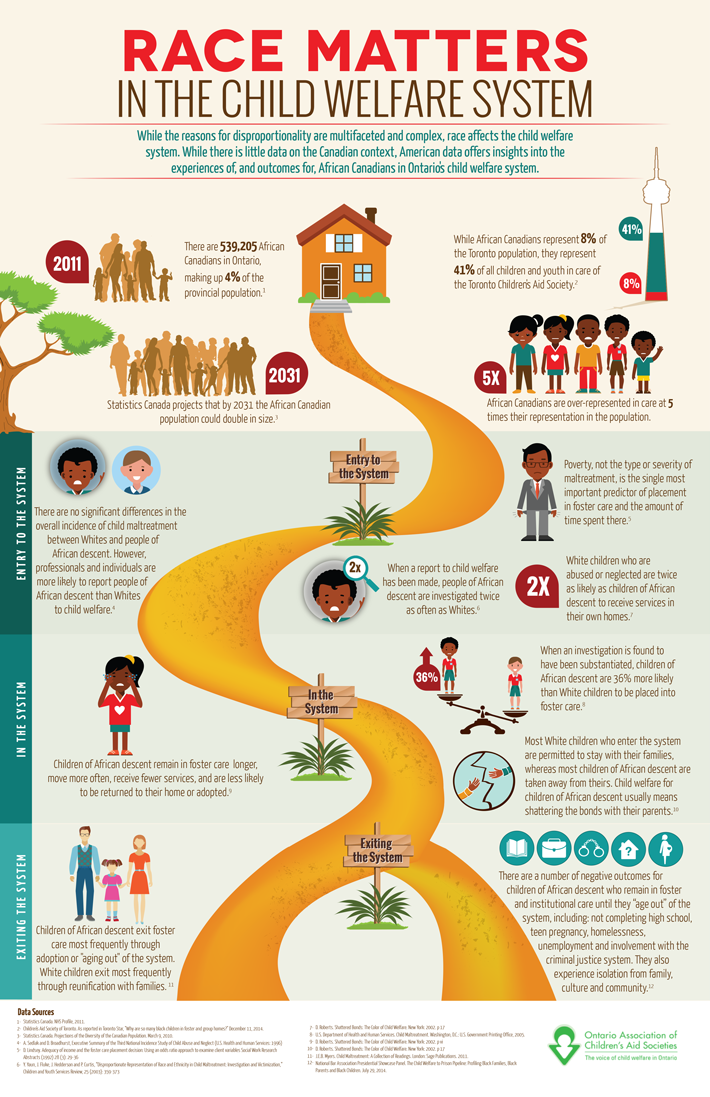 Yes, we assumed that one day we would become foster parents for some kid or baby, so we studied at the School of Foster Parents, but there were no specific plans.
Yes, we assumed that one day we would become foster parents for some kid or baby, so we studied at the School of Foster Parents, but there were no specific plans.
Once a friend who worked in the Orphanage asked us to arrange an examination of a newborn child by a cardiologist. We agreed with the doctor, showed him the girl ... and imperceptibly for ourselves, we became so attached to Anya, we decided that she would become part of our family. So we didn't have a long period of doubts, discussions, choosing a child. In general, everything that adoptive parents go through ... everything happened by itself, and it turned out very harmoniously. We did not choose the adopted daughter, but she chose us.
The desire to adopt a child into your family arose spontaneously, it was a natural impulse. But you discussed it with your relatives, with your children. How did they react to this?
- Anya was not even two months old when she appeared in our family, - says the foster father.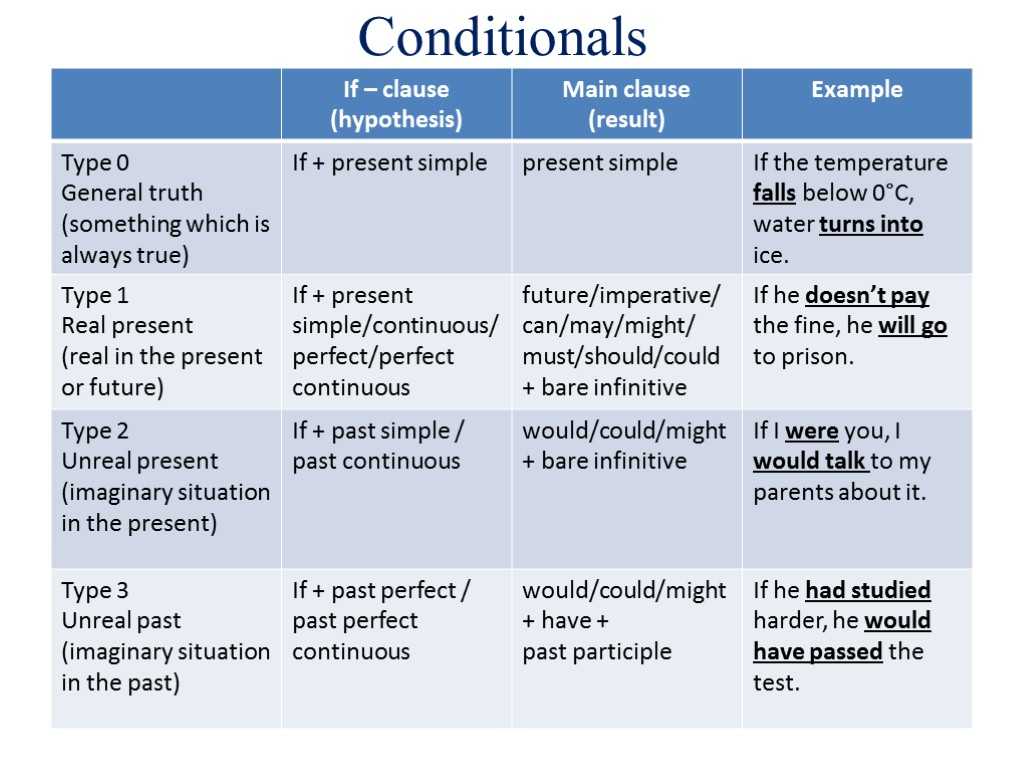 - Lyudmila and Katya were already old enough to understand what motivated us, to understand the motives. They reacted positively to our news. Fedor was four years old, and he was not at all against the appearance of his younger sister.
- Lyudmila and Katya were already old enough to understand what motivated us, to understand the motives. They reacted positively to our news. Fedor was four years old, and he was not at all against the appearance of his younger sister.
“After all, there were three of us, so we perfectly understood what a big family is, how good it is when there are relatives nearby,” says Katya, the middle of the children of Alexander and Olga. - Probably, if I were an only child, it would be difficult for me to come to terms with the need to share the attention of my parents. It seems to me that when mom and dad brought Anya, our family rallied even more. She was so small, so thin ... There was no question of jealousy! Everyone tried to take care of the new member of our family.
-Indeed, Anechka was underweight, - Olga recalls. - She refused to eat, and at first she needed to be fed very often. Everyone took part in this, tried to protect her. I remember that at that time the best gift for our family was baby food, all our friends knew about it and often brought us supplies.
Anya was the first adopted child, then you got Ruslan. How did it happen?
-As in the case of Anya, the decision to accept Ruslan into the family was spontaneous, - says Olga. – I just saw his photo on the stand in the department of guardianship and guardianship. There were no people who wanted to take him into the family. It can be said that the absence of a queue for a child became a decisive factor. We took Ruslan from the same Orphanage as Anya. He was very funny, so cheeky, he charmed us right away.
After the kids, Anatoly appeared in your family. Why did you decide to adopt a teenager?
-I studied with Tolya in the same class, - says Ekaterina. - In the middle of the ninth grade, he simply disappeared: he stopped going to school, he did not come to my birthday. As it turned out, the foster family where he then lived abandoned him.
–Katya came home from school one day and said that Tolya and her family were leaving for another country, Olga continues. “The class teacher of my daughter told me about what really happened. Until that moment, we had no idea that Tolya was adopted. It was never advertised.
“The class teacher of my daughter told me about what really happened. Until that moment, we had no idea that Tolya was adopted. It was never advertised.
When we learned that he was again placed in an orphanage, we decided to help. I had to wait until information about Anatolia appeared in the Federal Data Bank on Orphans and Children Left Without Parental Care in order to find out in which institution the teenager was assigned.
– If the orphanage he was sent to was in St. Petersburg, we would not be so worried. Here at least he had friends, a familiar environment. We knew him for a long time as a classmate of our Katya, so we could not be indifferent to this turn of events. What future could a ninth-grade graduate, an orphanage graduate, have? Not the most favorable prospects: roughly speaking, he was waiting for the work of an auto mechanic or a cook, - says Alexander.
“Then we started to consider options on how to bring him back to his usual environment,” says Olga.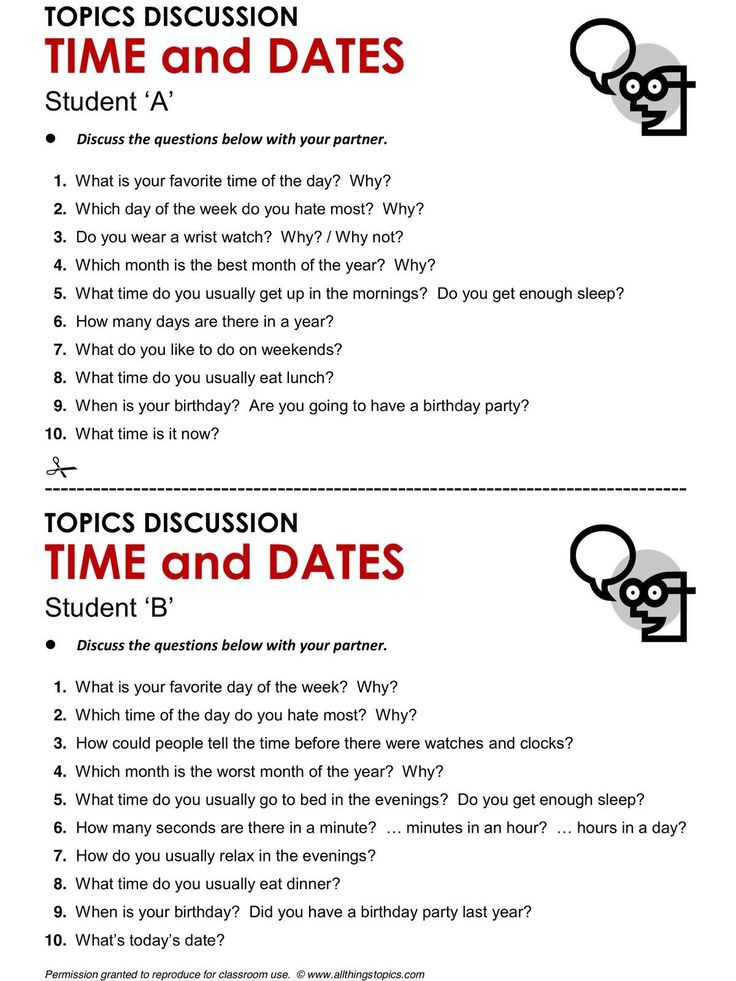 – And we faced a problem: not a single educational institution wants to take responsibility for minors, to act as their guardian. And this is a real problem: how many good kids are denied education just because they were left without parental care? In general, as we understood after consultations with specialists, if we really want to help, then registration of guardianship over Anatoly is the only option. Of course, we talked about the desire to help, about our family, asked his opinion ... And he agreed. So we have another son.
– And we faced a problem: not a single educational institution wants to take responsibility for minors, to act as their guardian. And this is a real problem: how many good kids are denied education just because they were left without parental care? In general, as we understood after consultations with specialists, if we really want to help, then registration of guardianship over Anatoly is the only option. Of course, we talked about the desire to help, about our family, asked his opinion ... And he agreed. So we have another son.
I must say that the director of the orphanage where we took the child from turned out to be a wonderful person who sincerely worries about the fate of his pupils. He was very supportive and wanted to help. Help, first of all, Anatoly.
When an adopted child comes to a family, he comes there with the experience he already has. And this experience is always traumatic, without exception. Every adopted child has a story that his parents must respect. It is important to understand that when accepting a child into a family, you will have to live with him his problems, losses, and damage. Either way, an adopted child is not the same as a natural child. Have you had to deal with the developmental features of your adopted children, acquired in connection with their life experience? What nuances can you notice in the process of their growing up?
It is important to understand that when accepting a child into a family, you will have to live with him his problems, losses, and damage. Either way, an adopted child is not the same as a natural child. Have you had to deal with the developmental features of your adopted children, acquired in connection with their life experience? What nuances can you notice in the process of their growing up?
- Speaking of Anna and Ruslan, we don't see anything that we didn't have to deal with while our natural children were growing up. After all, they grow up with us almost from birth, and have never known another family. I think that the foster family differs from the usual only at first, when all its members are just adapting to new living conditions, to the appearance of a new child. When acceptance occurs, the family ceases to be any different. As for the nuances, I think they are in every family, without exception, regardless of whether it has adopted children or not, Olga reflects. - Anatoly is a different story: the situation that he had to endure could not but leave its mark on the state of the teenager. Tolya is still very selective in contact with adults. He got used to us for a very long time, it seems to me that at first he was wary. But this is understandable: he survived the betrayal of loved ones twice, and it is difficult to restore lost trust. We think Tolya has adapted to life in our family: he loves spending time with kids, fixing their toys if they break. In general, he is a very economic guy, he can cook something tasty, for example. And he draws beautifully.
- Anatoly is a different story: the situation that he had to endure could not but leave its mark on the state of the teenager. Tolya is still very selective in contact with adults. He got used to us for a very long time, it seems to me that at first he was wary. But this is understandable: he survived the betrayal of loved ones twice, and it is difficult to restore lost trust. We think Tolya has adapted to life in our family: he loves spending time with kids, fixing their toys if they break. In general, he is a very economic guy, he can cook something tasty, for example. And he draws beautifully.
–Probably, the behavior of our youngest, Nikita, is also somewhat different from the rest of the children, Alexander thinks.
–Sometimes Nikita, when communicating with adults, behaves as if he is looking for something, looks into the eyes, checking whether a person can be trusted, - Olga continues her husband's thought. - We know Nikita almost from the moment of his birth. In fact, he is still staying in our family, we have issued guardianship upon application.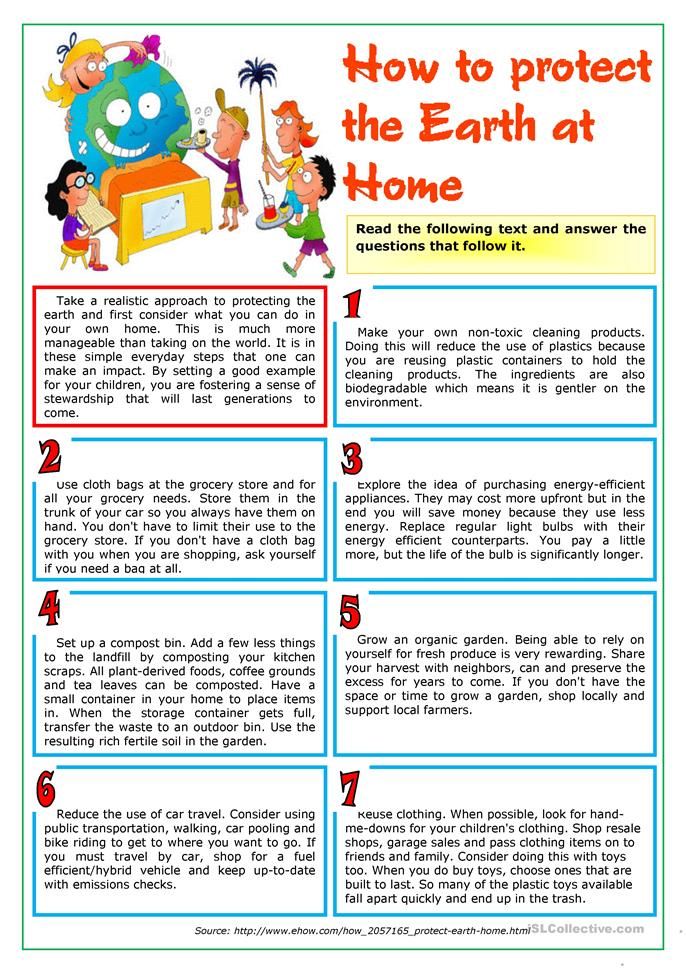 You see, there are situations when it seems that literally everything is against you, a real black streak in life. This happened to his mother, and we tried to help her as best we could. At some point, she considered that she could not provide him with everything he needed, and he would be better off with us. It was not an easy, but balanced decision. Of course, we advised her to change her mind, tried to dissuade her ... The first two weeks after registration of guardianship were constantly in anticipation. They thought she would change her mind and come back for her son. And they wanted her to come back to save her family. The only family she has. But this did not happen, and we had no choice but to accept this choice.
You see, there are situations when it seems that literally everything is against you, a real black streak in life. This happened to his mother, and we tried to help her as best we could. At some point, she considered that she could not provide him with everything he needed, and he would be better off with us. It was not an easy, but balanced decision. Of course, we advised her to change her mind, tried to dissuade her ... The first two weeks after registration of guardianship were constantly in anticipation. They thought she would change her mind and come back for her son. And they wanted her to come back to save her family. The only family she has. But this did not happen, and we had no choice but to accept this choice.
Any child needs attention, but an adopted child especially. How do you manage to compensate for the lack of attention to blood children?
– I don't know why, but there was never any jealousy among our children. At first it seemed to me that Nikita could provoke her, but no. It seems to me that the younger children simply decided that he was not a competitor to them, - Olga laughs. - Anya, of course, often asked where Nikita's mother is when she picks him up. But these questions were provoked not by unwillingness to share his mother with another person, but by pity for his mother. “She’s bad without him, she’s probably crying,” Anechka said. In general, somehow it turns out by itself that with each of the children I manage to spend time alone, to talk heart to heart. Foster parents teach this at school, but it comes naturally to me.
It seems to me that the younger children simply decided that he was not a competitor to them, - Olga laughs. - Anya, of course, often asked where Nikita's mother is when she picks him up. But these questions were provoked not by unwillingness to share his mother with another person, but by pity for his mother. “She’s bad without him, she’s probably crying,” Anechka said. In general, somehow it turns out by itself that with each of the children I manage to spend time alone, to talk heart to heart. Foster parents teach this at school, but it comes naturally to me.
You openly share your family history in front of your children. It turns out that all your adopted children know about their origin?
-On the advice of a psychologist, we told Anechka about her birth only when it became important for her, - Olga replies. “She didn’t ask questions for a long time, and when she finally asked, we were ready for this and told her that sometimes children are left without parents. It happens, but they are looking for each other, and we really believe that one day all the children will be found, as we found her and Ruslan. Of course, Anya immediately shared this information with Ruslan: “You know, Ruslan, another aunt gave birth to us!” But he has nothing to do with that yet. We thought that if Anya was the only adopted child in our family, it would be more difficult to explain her origin, a different surname and patronymic, and for her to understand and accept it. And so, when she knows that there are other adopted children, she does not feel different from everyone else. True, she has already stated that she will change her surname when she grows up: “I don’t want a surname like Ruslan’s, I want it like Fedya’s!” But that can wait. But the name, apparently, will have to be changed in the course of the trial. The fact is that Anya was named differently at birth, but does not recognize her name, she wants to be Anya. But it is impossible to change the name until the age of 14.
It happens, but they are looking for each other, and we really believe that one day all the children will be found, as we found her and Ruslan. Of course, Anya immediately shared this information with Ruslan: “You know, Ruslan, another aunt gave birth to us!” But he has nothing to do with that yet. We thought that if Anya was the only adopted child in our family, it would be more difficult to explain her origin, a different surname and patronymic, and for her to understand and accept it. And so, when she knows that there are other adopted children, she does not feel different from everyone else. True, she has already stated that she will change her surname when she grows up: “I don’t want a surname like Ruslan’s, I want it like Fedya’s!” But that can wait. But the name, apparently, will have to be changed in the course of the trial. The fact is that Anya was named differently at birth, but does not recognize her name, she wants to be Anya. But it is impossible to change the name until the age of 14. The registry office specialists answered our request: “it’s not allowed, you are depriving it of its national ancestral roots.” What kind of roots are we talking about if children are refuseniks? There is no information about their parents. Instead of the names of the father and mother in the birth certificates - dashes. In general, in case a court decision on a name change is not in our favor, we told Anya that she had two names: one was given to her at birth, and the second at baptism.
The registry office specialists answered our request: “it’s not allowed, you are depriving it of its national ancestral roots.” What kind of roots are we talking about if children are refuseniks? There is no information about their parents. Instead of the names of the father and mother in the birth certificates - dashes. In general, in case a court decision on a name change is not in our favor, we told Anya that she had two names: one was given to her at birth, and the second at baptism.
With the advent of foster children in your family, social services, specialists from accompaniment bodies, the department of guardianship and guardianship, for example, appeared in your life. How do you feel about their interference in the life of your family?
– Escort specialists don't worry us much. They treat our family correctly, - says Olga. – Yes, more than once we have heard about the difficulties that arise in families with adopted children due to the intervention of social service specialists. But we, it seems to me, have always been lucky, and all the specialists with whom we came across went towards us. Our family was accompanied by three specialists from the department of guardianship and guardianship, and all of them are wonderful people about whom we cannot say a single bad word.
But we, it seems to me, have always been lucky, and all the specialists with whom we came across went towards us. Our family was accompanied by three specialists from the department of guardianship and guardianship, and all of them are wonderful people about whom we cannot say a single bad word.
In general, we don't see much interference in our lives. And we do not believe that we need constant support and continuous monitoring. But if necessary, we ourselves can turn to specialists: for example, we sometimes seek advice from a psychologist at the School of Adoptive Parents, where we studied. The welfare department regularly invites us to theaters and other children's events. We are very happy!
In the last few years, it has become much easier for foster families in terms of reporting, the system has been simplified at the legislative level. And in 2011, we still had to account for everything. I remember how we collected checks as a family: the children sat at the table and carefully pasted them.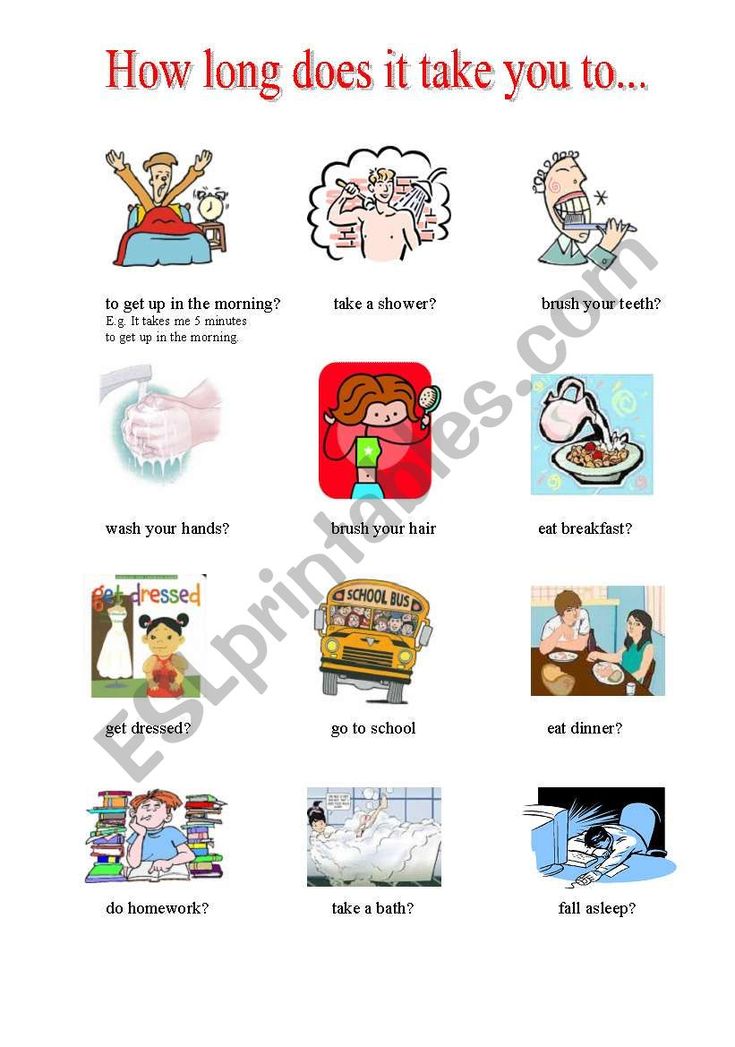 And once, it was, it seems, the first year when we took Anya under guardianship, all our checks burned out in the sun! We were terribly worried, but, fortunately, the cost of vouchers to the sanatorium was enough to cover the reporting. It's good that this system was abolished.
And once, it was, it seems, the first year when we took Anya under guardianship, all our checks burned out in the sun! We were terribly worried, but, fortunately, the cost of vouchers to the sanatorium was enough to cover the reporting. It's good that this system was abolished.
Your family is special. Have you ever faced a negative assessment of society due to the characteristics of your family?
What society are we talking about? Alexander asks. - I don't think we stand out so much that the abstract society cares about us. Yes, we have more children than most of the families we know, but we don’t tell everyone that there are adopted children among them. And we do not impose our model of family life on anyone. As for friends, acquaintances, relatives, here, too, I did not have to deal with a negative attitude. Confusion is a better word. Yes, the question "why?" we have heard many times. People, as a rule, understand the desire to take adopted children into the family when there are no blood children, but when there are three of them, this raises questions.
